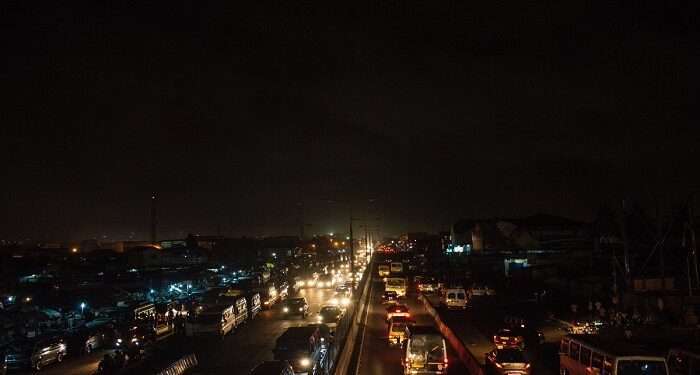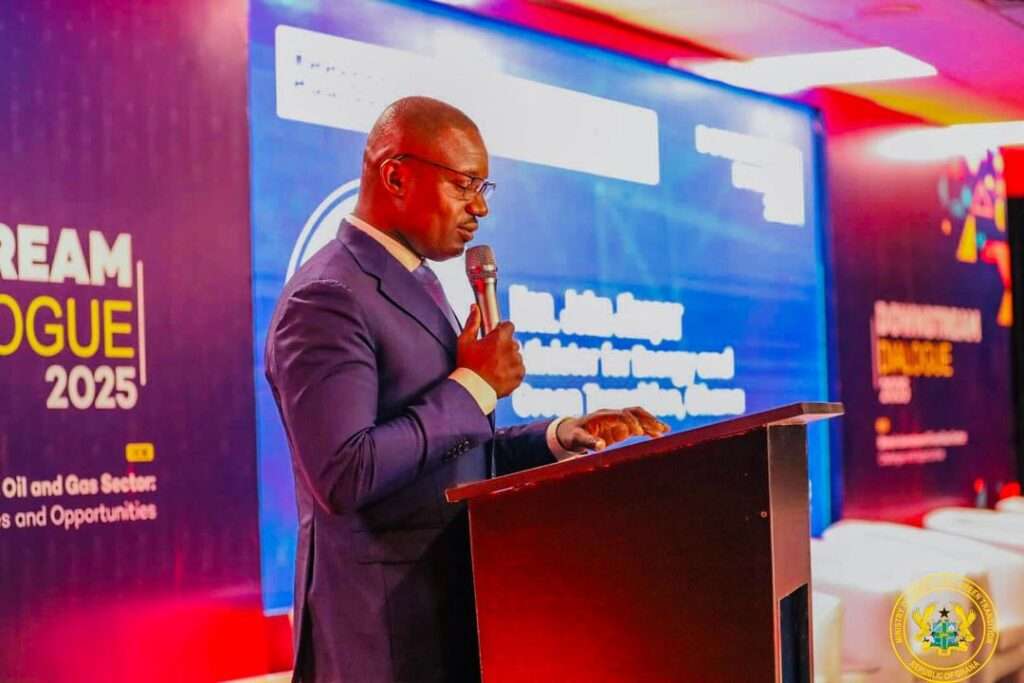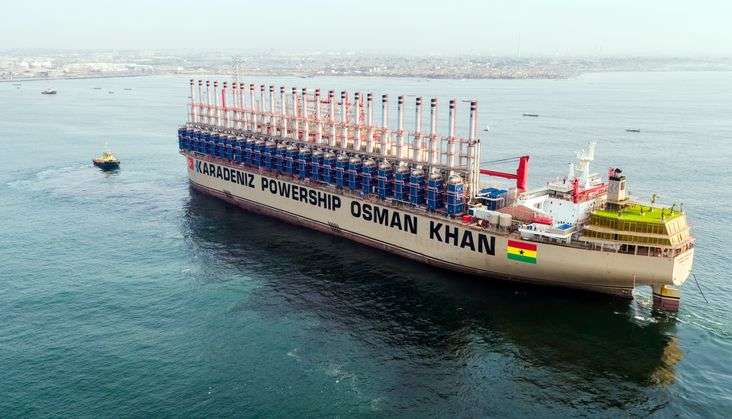Karpowership Ghana has firmly refuted allegations that it is responsible for the recent power outages in the country, stating that it continues to generate electricity at full capacity despite the government’s outstanding debt of $370 million.
The company clarified that while it is actively engaged in discussions with the government to resolve the financial issue, its operations remain unaffected, and it is committed to ensuring a stable power supply.
In response to growing concerns over Ghana’s intermittent power supply, the company’s Communication Manager, Sandra Amarquaye, addressed the situation, stating that “Karpowership is not responsible for the recent outages.”
“We haven’t shut down the powership. In fact, as of this morning, we were generating 450 megawatts (MW) of power to the national grid.”
Sandra Amarquaye, Communication Manager for Karpowership
She emphasized that despite the financial constraints, the company is operating at maximum capacity, contributing significantly to Ghana’s electricity needs.
Karpowership Ghana is a crucial player in stabilizing the national power grid, supplying up to 450MW of electricity through its fleet of floating power plants. This contribution is essential in maintaining Ghana’s energy supply, particularly during peak demand periods.
As part of a broader energy strategy, Karpowership’s operations help mitigate supply deficits and ensure continuity in power distribution.
The company has been instrumental in bridging the gap in electricity production, supporting Ghana’s growing energy needs amid increasing economic and industrial demands.
Karpowership Ongoing Negotiations

The company acknowledged that the Ghanaian government currently owes $370 million in accumulated debt for electricity supplied.
While this financial burden has placed strain on operations, Karpowership assured that it remains committed to working with stakeholders to find an amicable resolution.
Karpowership Ghana has been engaging with the Ministry of Energy and Green Transition to negotiate payment terms that will allow operations to continue without disruption.
The company’s willingness to engage in constructive dialogue reflects its dedication to long-term sustainability in Ghana’s energy sector.
“We understand the financial difficulties faced by the government and are open to dialogue to resolve the issues in a way that works for both sides.
“Our primary goal is to ensure that power generation continues without disruptions, which is vital for the nation’s development.”
Sandra Amarquaye, Communication Manager for Karpowership
The mounting debt highlights the financial strains within Ghana’s energy sector, raising concerns about the sustainability of power purchase agreements.
Ghana has long struggled with energy sector debts, which have led to periodic power crises. The inability of the government to meet financial obligations to independent power producers (IPPs) could pose a long-term risk to the country’s electricity supply.
While Karpowership continues to generate power, the financial pressures facing the energy sector raise questions about how long independent power producers can sustain operations without prompt payments.
If the situation persists, there could be a ripple effect, leading to further instability in the power supply chain.
In response to the ongoing concerns, the Minister for Energy and Green Transition, John Jinapor, has reassured the public that the government is taking steps to address power supply challenges.
During a visit to the West Africa Gas Pipeline, Jinapor urged citizens to bear with the government as efforts are made to resolve supply disruptions.

The Minister acknowledged that the country’s lack of spare capacity is a major contributing factor to the electricity crisis. He emphasized that the government is working closely with power producers and energy sector stakeholders to find long-term solutions.
Karpowership Ghana’s assertion that it is not responsible for the recent power outages highlights the broader financial struggles within Ghana’s energy sector.
While the company continues to supply electricity at full capacity, the government’s outstanding debt raises concerns about the sustainability of power agreements.
As stakeholders work toward a resolution, addressing systemic inefficiencies and ensuring financial stability will be crucial in securing Ghana’s energy future.
The outcome of negotiations between Karpowership and the government could have significant implications for the country’s power supply, economic growth, and energy security in the years ahead.
READ ALSO: Bright Simons Raises Alarm over Importation of Opioids into Ghana



















